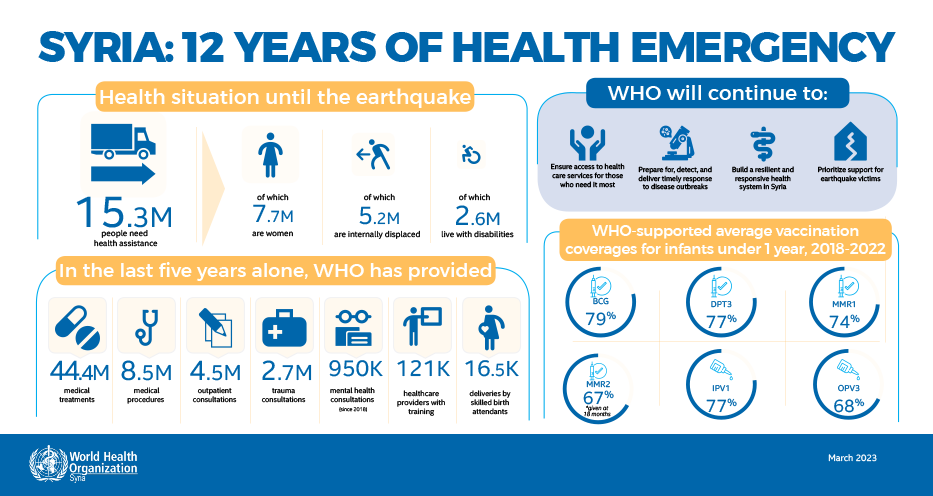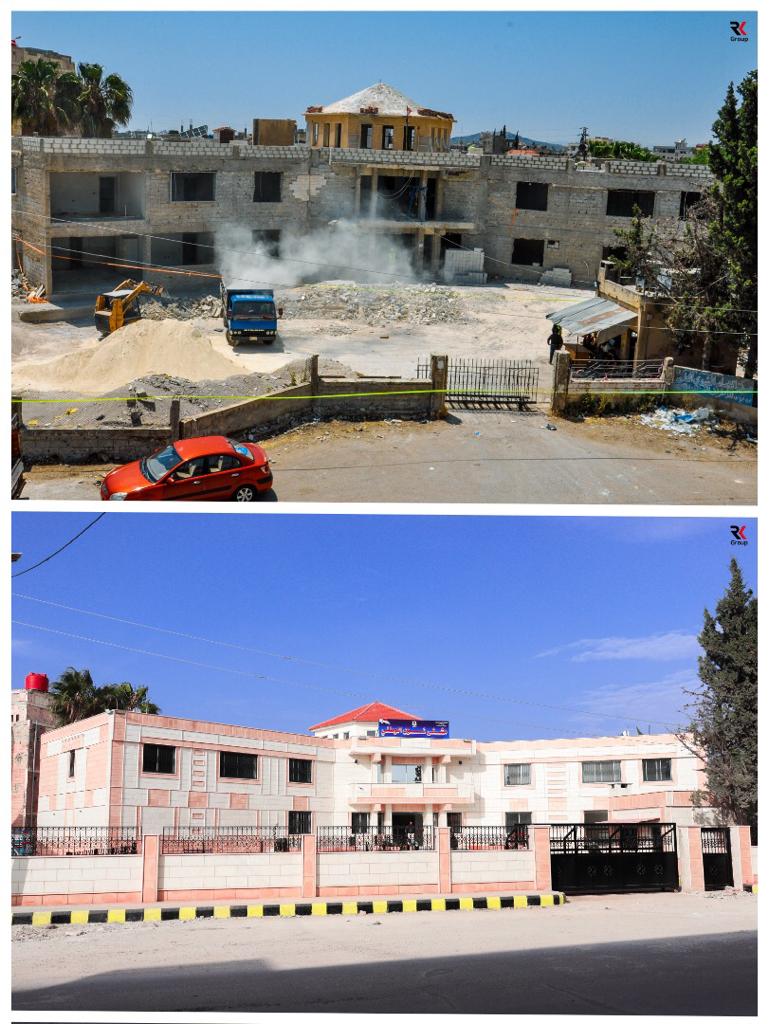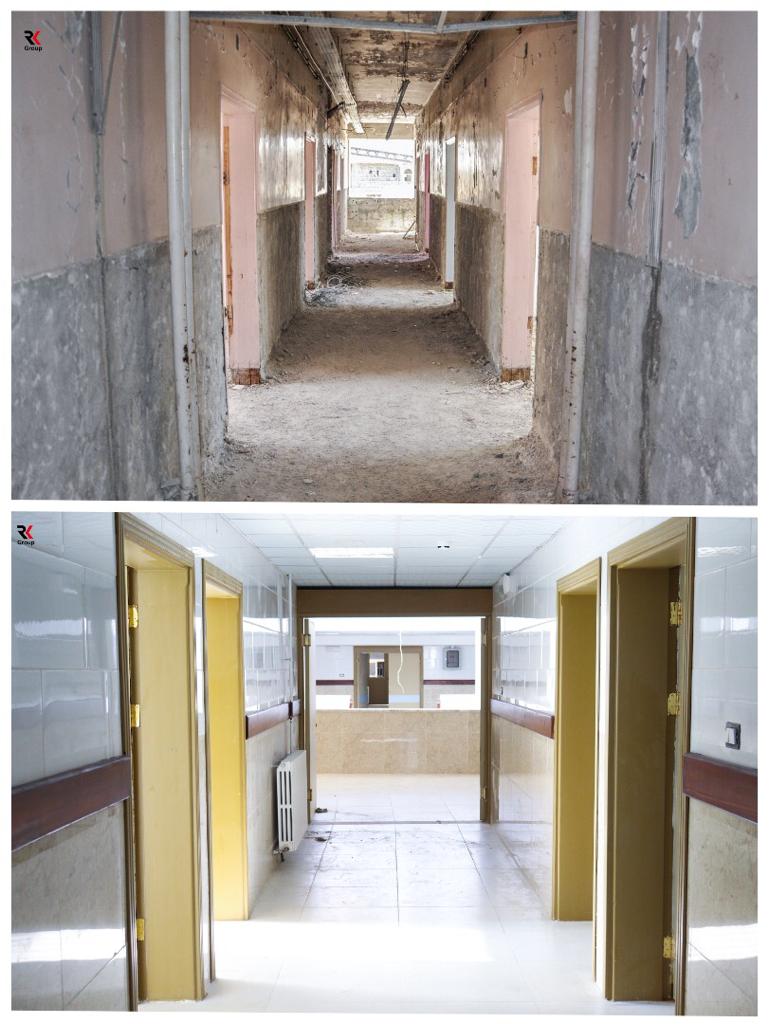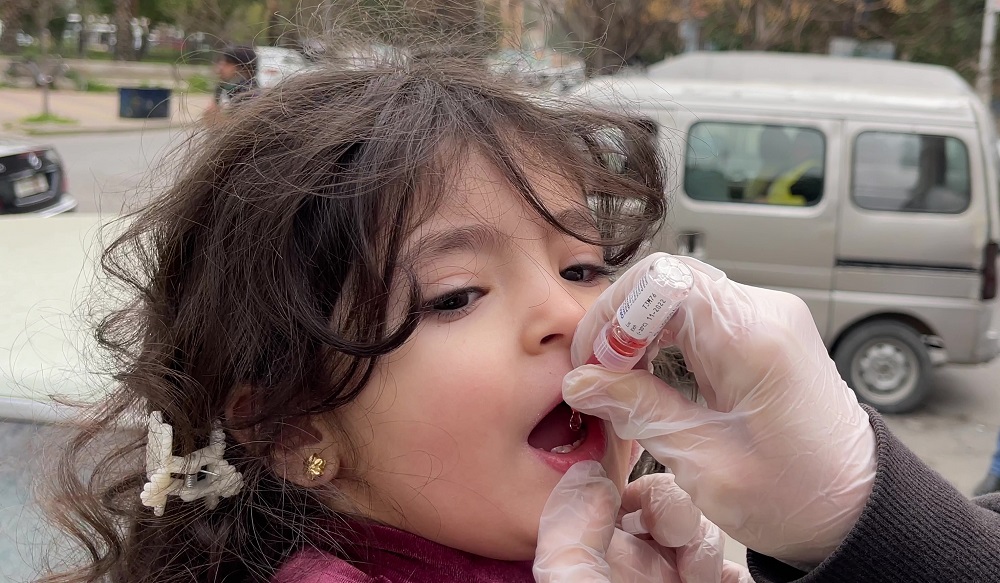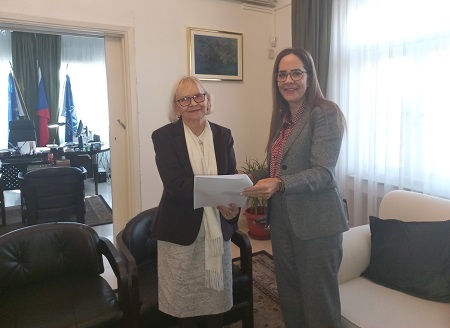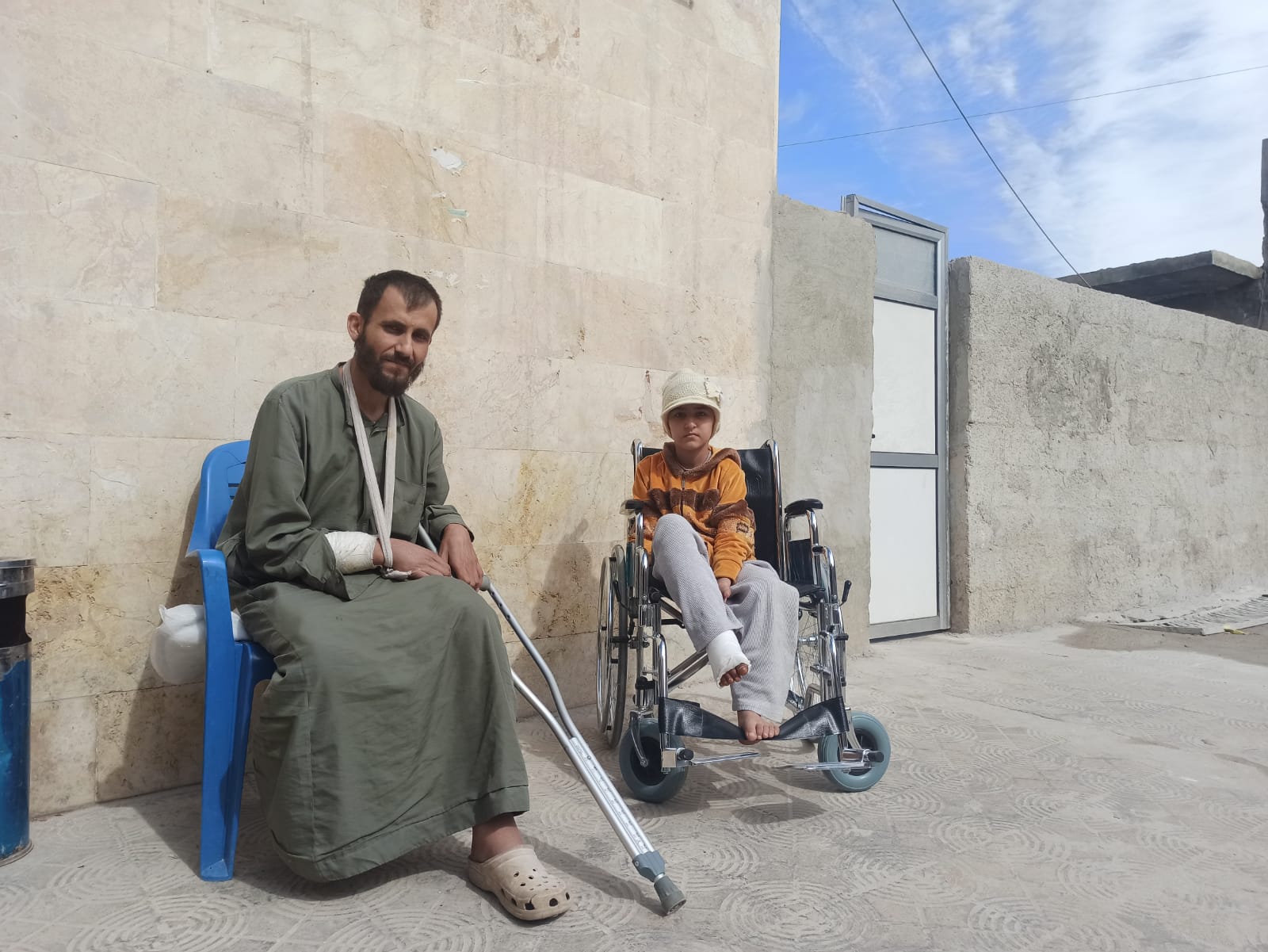
16 March 2023 – Every day, 10-year-old Fatima leaves the tent she now calls home to meet with the doctors at Harim General Hospital. She is undergoing therapy to recover from the injuries she was left with after surviving nearly 24 hours under the rubble of her collapsed home.
Like most families, Fatima slept soundly in the dawn hours of 6 February 2023. When a deafening sound forced her eyes open, it was to see the walls of her room crashing down before she had a chance to run. It is easy, if horrifying, to imagine what went through her mind: What happened? Where are my parents? Are they dead? Am I dead? Will I ever be found? How will they know I am here? Can they hear me? Fatima Marshan is 10 years old. She lives in Idlib Governorate’s Bisnia village, in Syria.
When the civil defense teams rescued Fatima and her family, she was directly referred to Harim General Hospital. Operated by the Social Development International nongovernmental organization, the hospital is part of the WHO-supported integrated primary health care Harim network and one of the key health facilities receiving patients injured in the earthquake.
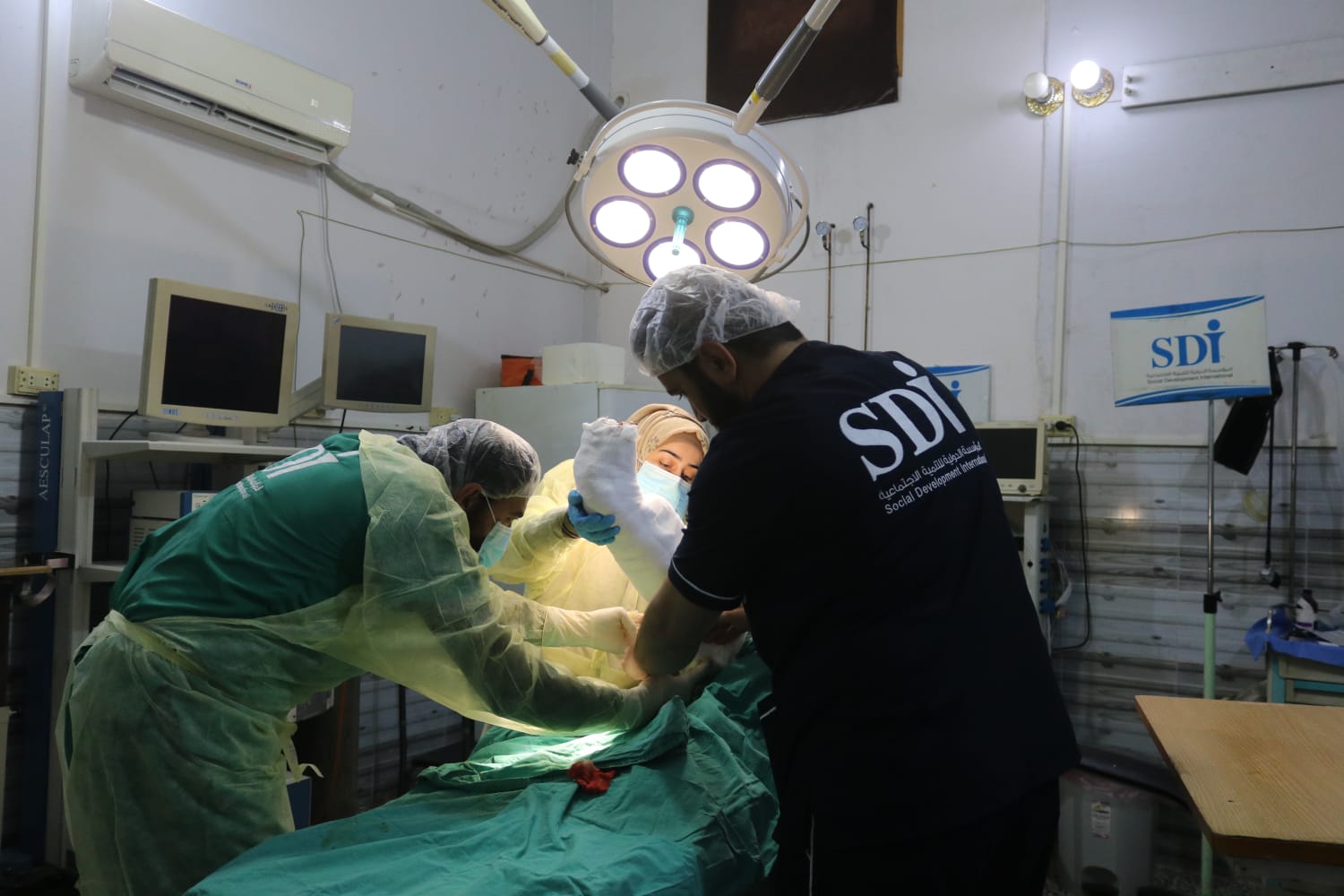
Once her condition stabilized and she was discharged from the hospital, Fatima returned to her village, but there was no longer a house to go to. Instead, the 10-year-old continues her treatment and physical therapy from the tent where she now lives with her family.
While visiting Fatima, a member of the WHO team inquired after her health. “My health is good. I still live in a tent with my family in Harim city, but I feel much better now,” she replied, “Doctors are currently changing the bandages and following up on my physical therapy. After my recovery, I intend to continue studying. I am in the fifth grade now!”
Fatima will continue to receive supervision and follow up treatment at the Harim General Hospital until her full recovery.





